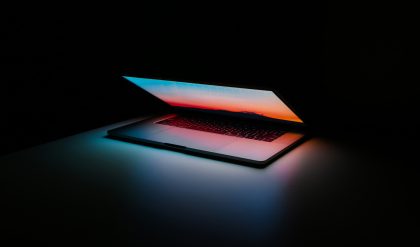Batteries are expensive, so instead of inserting large-sized units into their electric cars, BMW chooses a different track. Their models should have the same range as their competitors – but this is due to higher efficiency.
German BMW currently has an electric car, I3, out on the market. But the manufacturer has invested heavily in electrification and by 2023, up to twelve new electric cars will be launched. And a noble mark for these should be efficiency.
First up is the Model IX3, which starts producing after the turn of the year. Now, BMW reveals that this crossover should have a range of over 440 km (WLTP) from a battery with a net capacity of 74 kWh. Figures that tentatively indicate that the car has an energy consumption of 2.0 kWh / mile. Furthermore, the powertrain consists of an electric machine of 286 horsepower which delivers the power down the rear axle.
The powertrain and battery are part of what BMW calls its fifth generation of electric powertrains. And compared to the previous generation, energy density at the cellular level is about 20 percent higher. In addition, the electric machine, system electronics and gearbox are in the same module, which in part means significantly lower weight, but also a smaller package which gives greater flexibility in the design of vehicles.
But how good is the efficiency of IX3? A consumption of 2.0 kWh / mile is no revolution. Many electric cars deliver better than that. But compared to the Audi E-tron and Mercedes EQC, for example, it is satisfactory. In addition, it should be remembered that the IX3 is a crossover body.







